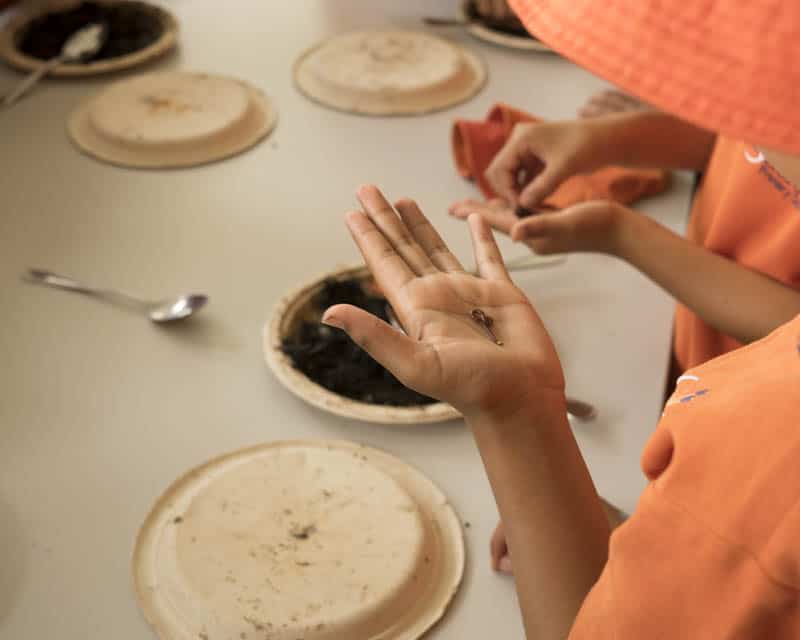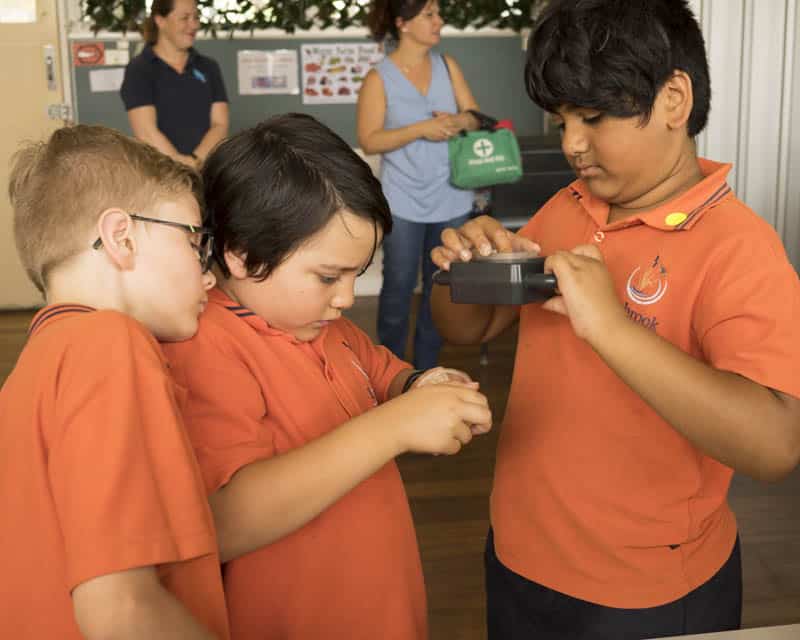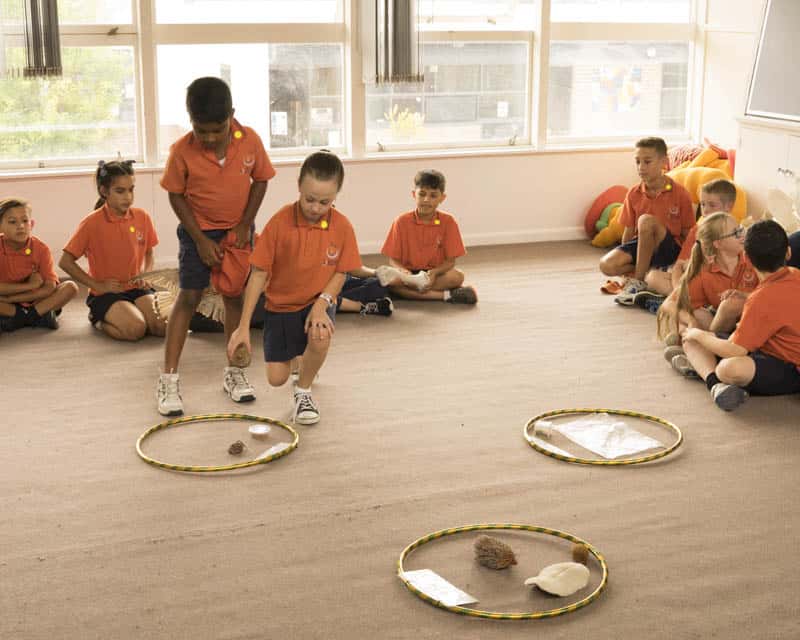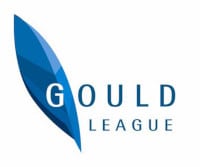Earth Treasures Incursion
-
Sustainability
-
Worms & Compost
-
Waste Minimisation
Program Overview



Discover the hidden treasures of our amazing planet as we embark on a journey to explore the connections between every day materials and our natural resources. Prepare to challenge your current waste management behaviour at school and home to ensure a sustainable future.
This program can be tailored to suit different levels of understanding, from topic introduction through to topic consolidation.
Program Outline/Activities:
Treasure Chest of Resources
Students examine the treasure chest of resources and use their knowledge to classify packaging according to their raw materials.
Recycling Relay, Waste Wise Shopping and Waste Free Lunches
Examine common items and decide which can be recycled and determine which are single use that end up in landfill. We also explore nude food and the 5Rs inverted pyramid (Rethink, Refuse, Reduce, Reuse, Recycle) to identify the various points at which waste can be reduced to help protect Earth’s Treasures for generations to come.
The magical world of Microorganisations and Worms
If you hold a handful of soil, there will be more microorganisms in there than the number of people who have ever lived on the planet. Students are introduced to the importance of healthy soil and how Worms are nature’s recyclers, turning food waste into a valuable resource to provide fertilizer and valuable nutrients to our depleted soils.
Call to Action
Students are empowered to create positive change around waste reduction and our shared environment.
Duration: 1.5 hours
Program timing considerations: Staff require 30 mins set up and 30 mins pack up, 15-minutes between groups to reset activities and a 30-minute break for lunch when more than 2 groups are booked.
What to Provide: Car park, multi-purpose room, floor space, 3 tables, aid or trolley to help carry equipment to deliver program.
Victorian Curriculum Links:
SCIENCE: Science Understanding – Science as a human endeavour
– People use science in their daily lives (VCSSU041)
– Objects are made of materials that have observable properties (VCSSU044)
– Everyday materials can be physically changed or combined with other materials in a variety of ways for particular purposes (VCSSU045)
– Earth’s resources are used in a variety of ways (VCSSU047)
SCIENCE: Science Inquiry Skills – Planning and Conducting & Communicating
– Participate in guided investigations, including making observations using the senses, to explore and answer questions (VCSIS051)
– Represent and communicate observations and ideas about changes in objects and events in a variety of ways (VCSIS055)
GEOGRAPHY: Geographical Knowledge – Places and our connection to them
– Reasons why some places are special and some places are important to people and how they can be looked after (VCGGK069)
The Victorian Curriculum F-10 content elements are © VCAA, reproduced by permission. Victorian Curriculum F-10 elements accurate at time of publication. The VCAA does not endorse or make any warranties regarding this resource. The Victorian Curriculum F-10 and related content can be accessed directly at the VCAA website.
